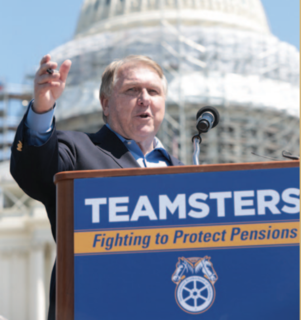A Quote by Ilana Mercer
Chinese mercantilism is not free trade, but it is far better than American militarism.
Quote Topics
Related Quotes
We are already well down the road toward a managed-trade regime. It would be far better to acknowledge that reality, and seek a set of reasonable rules, than to pretend that Ricardian trade is the norm and allow mercantilist states to overwhelm U.S. industry and ratchet down wages, in the name of free trade.
The far more likely Trump scenario is this: Chinese leaders realize they no longer have a weak leader in the White House; China ceases its unfair trade practices. America's massive trade deficit with China comes peacefully and prosperously back into balance, and both the U.S. and Chinese economies benefit from trade.
I wish that Google would realize its own power in the cause of free speech. The debate has been often held about Google's role in acceding to the Chinese government's demands to censor search results. Google says that it is better to have a hampered internet than no internet at all. I believe that if the Chinese people were threatened with no Google, they might even rise up and demand free speech - free search and links - from their regime. Google lives and profits by free speech and must use its considerable power to become a better guardian of it.




































